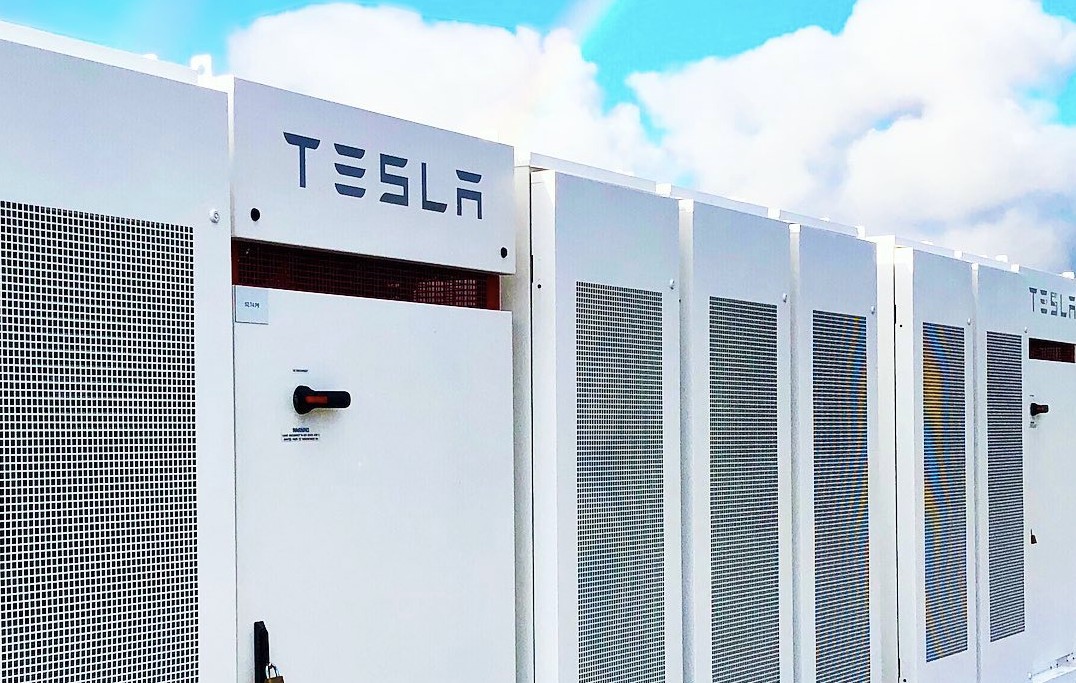
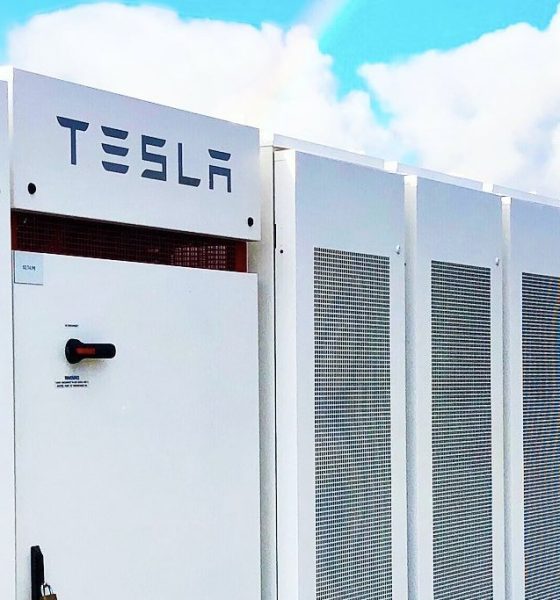
Energy
Tesla Energy sees potential in South Australia as Neoen plans 1.8GWh battery project
The owner of the Tesla Powerpack farm in South Australia, French renewable energy developer Neoen, has filed its development application for a massive renewable energy project. The proposed initiative is one of the most ambitious plans suggested in the country, involving the buildout of a total of 1,200MW of wind energy, 600MW of solar photovoltaic systems, and 900MW/1800MWh of battery storage.
Once completed, the proposed project will significantly dwarf the current biggest battery in the world, the Tesla Powerpack farm known as the Hornsdale Power Reserve, which was recently upgraded into a 150MW/194MWh system. The upgraded Powerpack farm is showing a lot of potential, with test runs this month showing that the batteries are capable of performing a rapid 270MW flip by charging at 120MW and discharging at 150MW.
Neoen’s development applications suggest that the ambitious project will be delivered in three equal tranches of 400MW wind, 200MW solar, and 300MW/600MWh of battery storage. When taken together, the mammoth system would generate about 4.8 TWh of zero-emissions power annually. That’s almost double the current output of wind and solar in the entire state, as noted in a Renew Economy report.
According to Neoen, the ‘extremely large battery” that will be utilized for the proposed initiative would be located on the South Australia end of the upcoming EnergyConnect line. Similar to the Hornsdale Power Reserve, which has been tried and tested over the past years, the giant battery system will be providing crucial grid support functions to the state’s energy supply. “It would be available to assist the grid in the event of major disruptions,” Neoen said.
Neoen has not revealed if it would tap Tesla to provide the batteries for its planned 1.8GWh giant renewable energy system. That being said, Tesla may very well be one of the frontrunners for Neoen, seeing as the Hornsdale Power Reserve has performed admirably since it started operations. There are many reasons behind Neoen’s decision to expand the Hornsdale Powerpack farm into a 150MW/194MWh system, after all, and one of them is likely the fact that Tesla’s battery storage systems simply work.
The French renewable energy developer is one of the companies in the market that has intimate knowledge and experience with Tesla’s grid-scale battery storage solutions. With this in mind, Neoen is fully aware of the capabilities and potential of Tesla’s batteries. This is especially notable amidst Tesla’s upcoming release of its million-mile batteries, which will likely be capable of operating as energy storage units for decades.
Neoen has noted that it will likely take three years from the date of approval for construction of the solar, wind, and battery systems of the first tranche to commence, and another three years for the phase to be completed. The next stages of the renewable energy project would likely start three years after the construction of the previous stage, which means that the entire project could be completed by about 2032.

Energy
Tesla Powerwall distribution expands in Australia
Inventory is expected to arrive in late February and official sales are expected to start mid-March 2026.
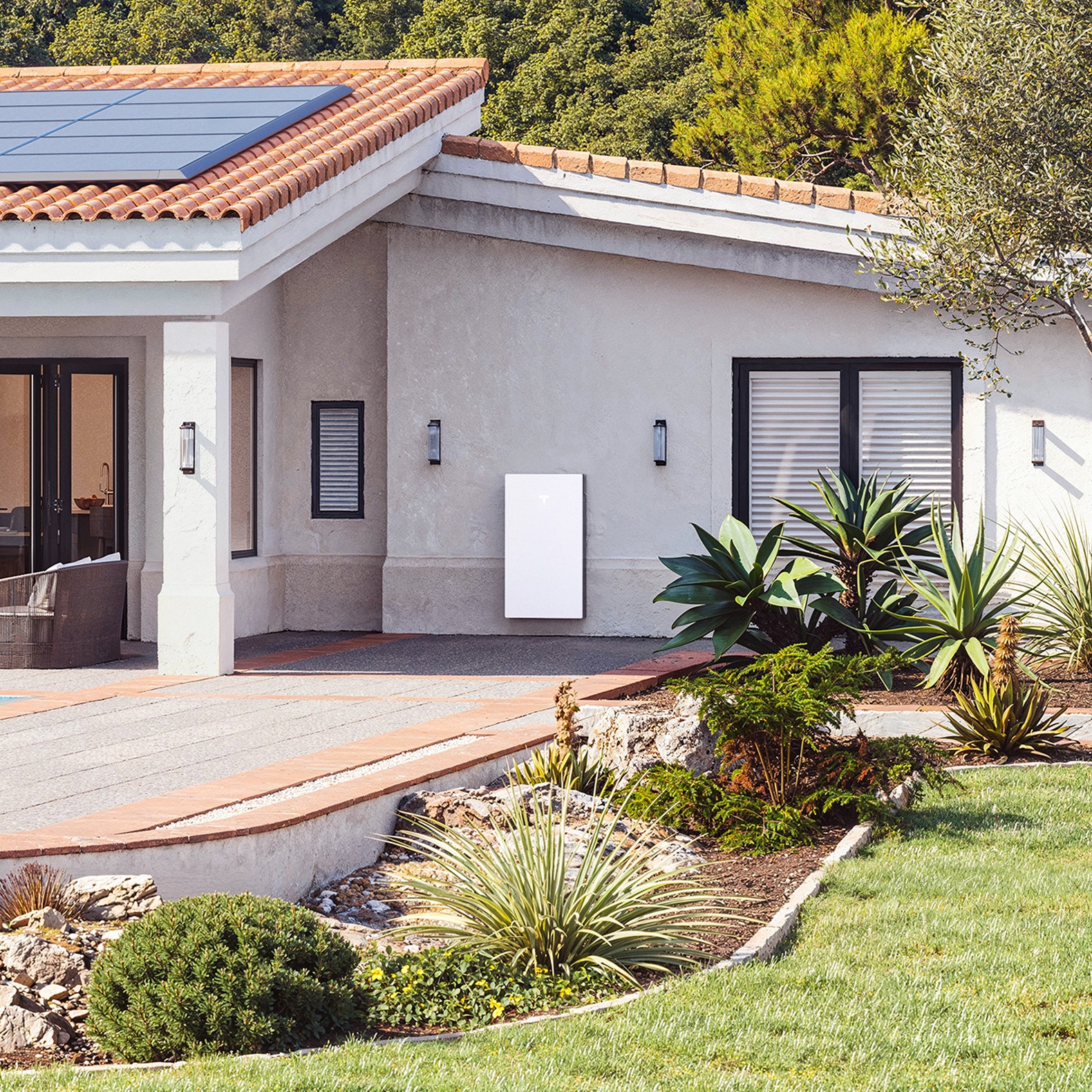
Supply Partners Group has secured a distribution agreement for the Tesla Powerwall in Australia, with inventory expected to arrive in late February and official sales beginning in mid-March 2026.
Under the new agreement, Supply Partners will distribute Tesla Powerwall units and related accessories across its national footprint, as noted in an ecogeneration report. The company said the addition strengthens its position as a distributor focused on premium, established brands.
“We are proud to officially welcome Tesla Powerwall into the Supply Partners portfolio,” Lliam Ricketts, Co-Founder and Director of Innovation at Supply Partners Group, stated.
“Tesla sets a high bar, and we’ve worked hard to earn the opportunity to represent a brand that customers actively ask for. This partnership reflects the strength of our logistics, technical services and customer experience, and it’s a win for installers who want premium options they can trust.”
Supply Partners noted that initial Tesla Powerwall stock will be warehoused locally before full commercial rollout in March. The distributor stated that the timing aligns with renewed growth momentum for the Powerwall, supported by competitive installer pricing, consumer rebates, and continued product and software updates.
“Powerwall is already a category-defining product, and what’s ahead makes it even more compelling,” Ricketts stated. “As pricing sharpens and capability expands, we see a clear runway for installers to confidently spec Powerwall for premium residential installs, backed by Supply Partners’ national distribution footprint and service model.”
Supply Partners noted that a joint go-to-market launch is planned, including Tesla-led training for its sales and technical teams to support installers during the home battery system’s domestic rollout.
Energy
Tesla Megapack Megafactory in Texas advances with major property sale
Stream Realty Partners announced the sale of Buildings 9 and 10 at the Empire West industrial park, which total 1,655,523 square feet.
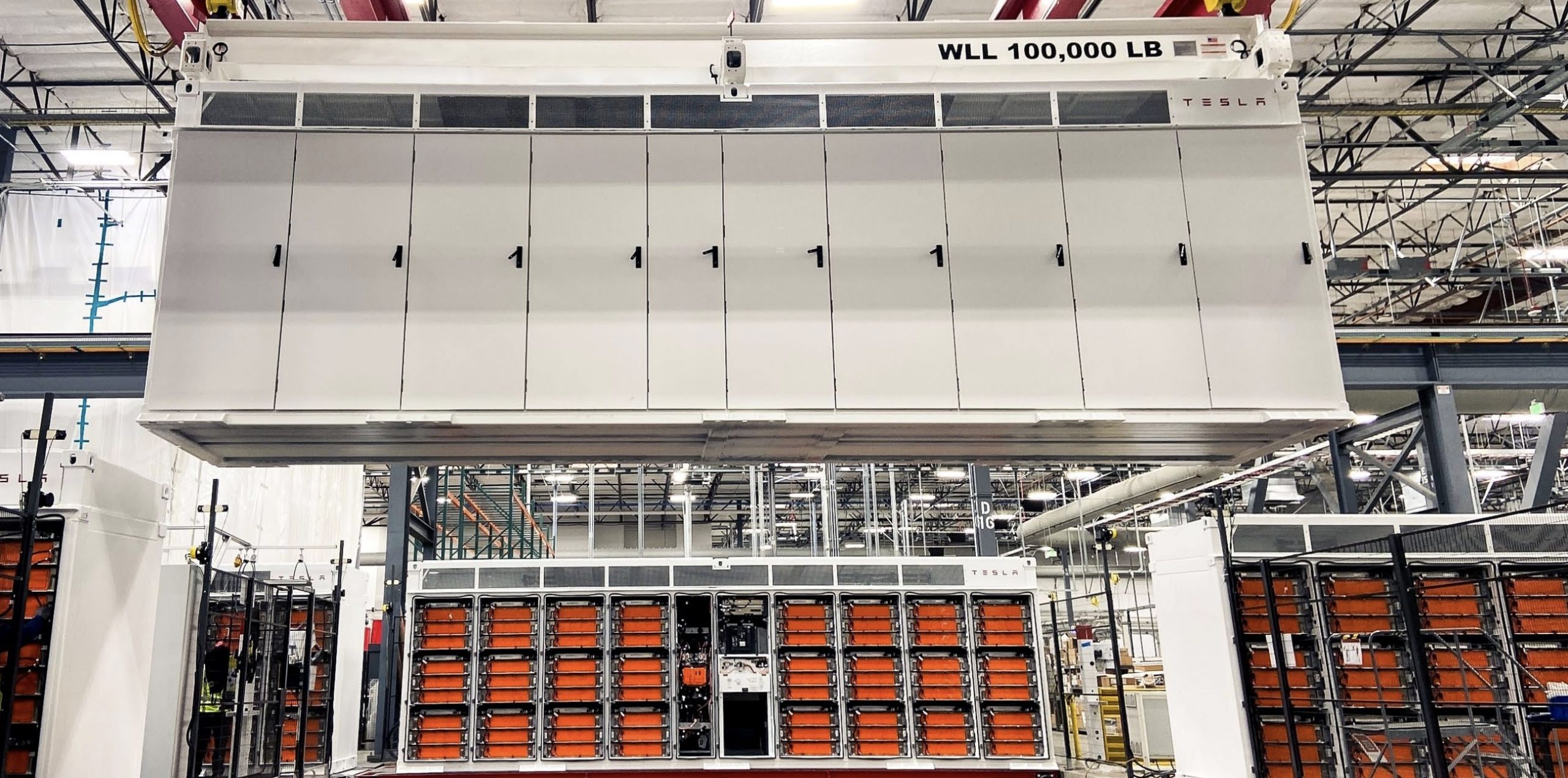
Tesla’s planned Megapack factory in Brookshire, Texas has taken a significant step forward, as two massive industrial buildings fully leased to the company were sold to an institutional investor.
In a press release, Stream Realty Partners announced the sale of Buildings 9 and 10 at the Empire West industrial park, which total 1,655,523 square feet. The properties are 100% leased to Tesla under a long-term agreement and were acquired by BGO on behalf of an institutional investor.
The two facilities, located at 100 Empire Boulevard in Brookshire, Texas, will serve as Tesla’s new Megafactory dedicated to manufacturing Megapack battery systems.
According to local filings previously reported, Tesla plans to invest nearly $200 million into the site. The investment includes approximately $44 million in facility upgrades such as electrical, utility, and HVAC improvements, along with roughly $150 million in manufacturing equipment.
Building 9, spanning roughly 1 million square feet, will function as the primary manufacturing floor where Megapacks are assembled. Building 10, covering approximately 600,000 square feet, will be dedicated to warehousing and logistics operations, supporting storage and distribution of completed battery systems.
Waller County Commissioners have approved a 10-year tax abatement agreement with Tesla, offering up to a 60% property-tax reduction if the company meets hiring and investment targets. Tesla has committed to employing at least 375 people by the end of 2026, increasing to 1,500 by the end of 2028, as noted in an Austin County News Online report.
The Brookshire Megafactory will complement Tesla’s Lathrop Megafactory in California and expand U.S. production capacity for the utility-scale energy storage unit. Megapacks are designed to support grid stabilization and renewable-energy integration, a segment that has become one of Tesla’s fastest-growing businesses.
Energy
Tesla meets Giga New York’s Buffalo job target amid political pressures
Giga New York reported more than 3,460 statewide jobs at the end of 2025, meeting the benchmark tied to its dollar-a-year lease.
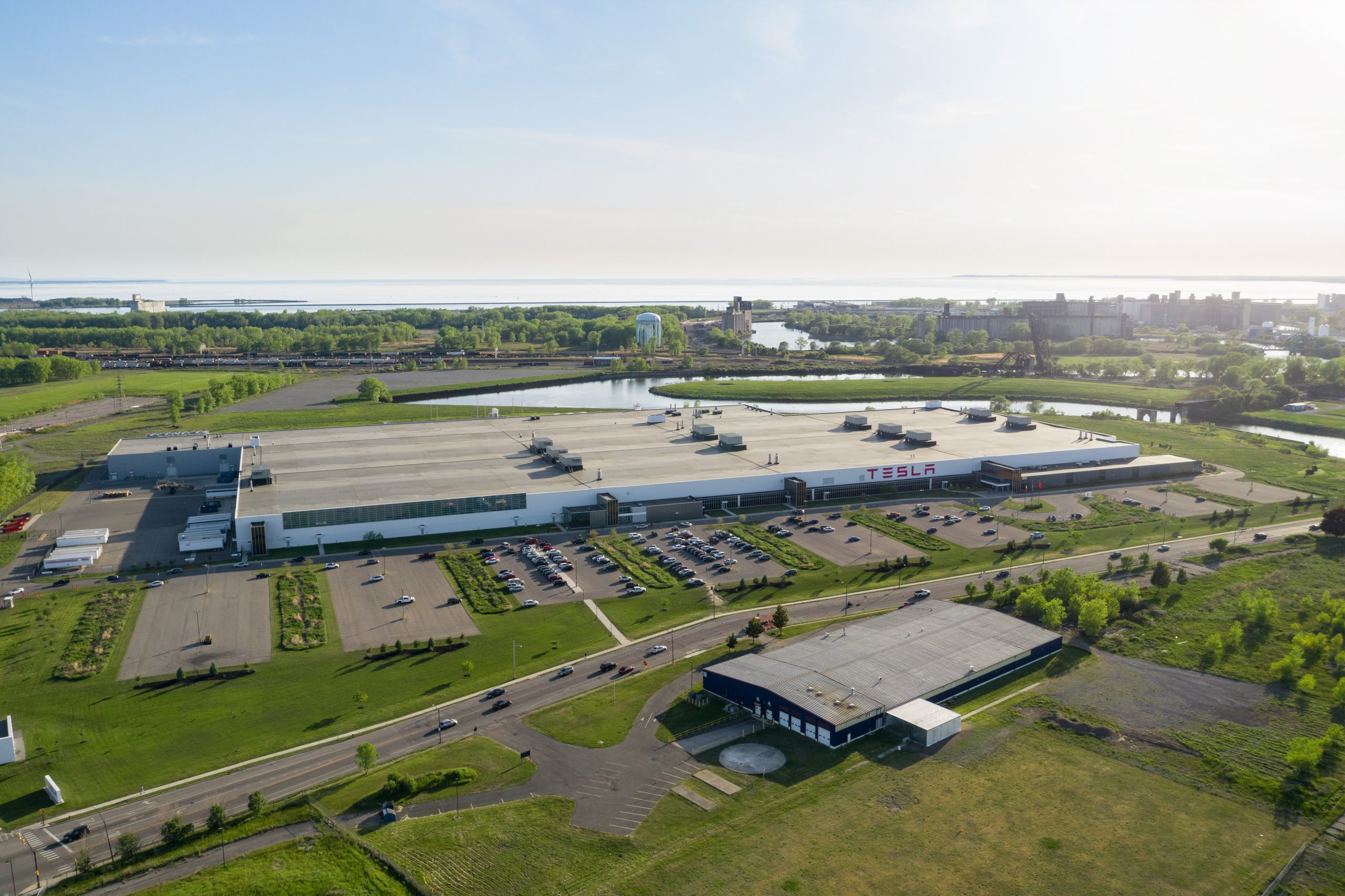
Tesla has surpassed its job commitments at Giga New York in Buffalo, easing pressure from lawmakers who threatened the company with fines, subsidy clawbacks, and dealership license revocations last year.
The company reported more than 3,460 statewide jobs at the end of 2025, meeting the benchmark tied to its dollar-a-year lease at the state-built facility.
As per an employment report reviewed by local media, Tesla employed 2,399 full-time workers at Gigafactory New York and 1,060 additional employees across the state at the end of 2025. Part-time roles pushed the total headcount of Tesla’s New York staff above the 3,460-job target.
The gains stemmed in part from a new Long Island service center, a Buffalo warehouse, and additional showrooms in White Plains and Staten Island. Tesla also said it has invested $350 million in supercomputing infrastructure at the site and has begun manufacturing solar panels.
Empire State Development CEO Hope Knight said the agency was “very happy” with Giga New York’s progress, as noted in a WXXI report. The current lease runs through 2029, and negotiations over updated terms have included potential adjustments to job requirements and future rent payments.
Some lawmakers remain skeptical, however. Assemblymember Pat Burke questioned whether the reported job figures have been fully verified. State Sen. Patricia Fahy has also continued to sponsor legislation that would revoke Tesla’s company-owned dealership licenses in New York. John Kaehny of Reinvent Albany has argued that the project has not delivered the manufacturing impact originally promised as well.
Knight, for her part, maintained that Empire State Development has been making the best of a difficult situation.
“(Empire State Development) has tried to make the best of a very difficult situation. There hasn’t been another use that has come forward that would replace this one, and so to the extent that we’re in this place, the fact that 2,000 families at (Giga New York) are being supported through the activity of this employer. It’s the best that we can have happen,” the CEO noted.








